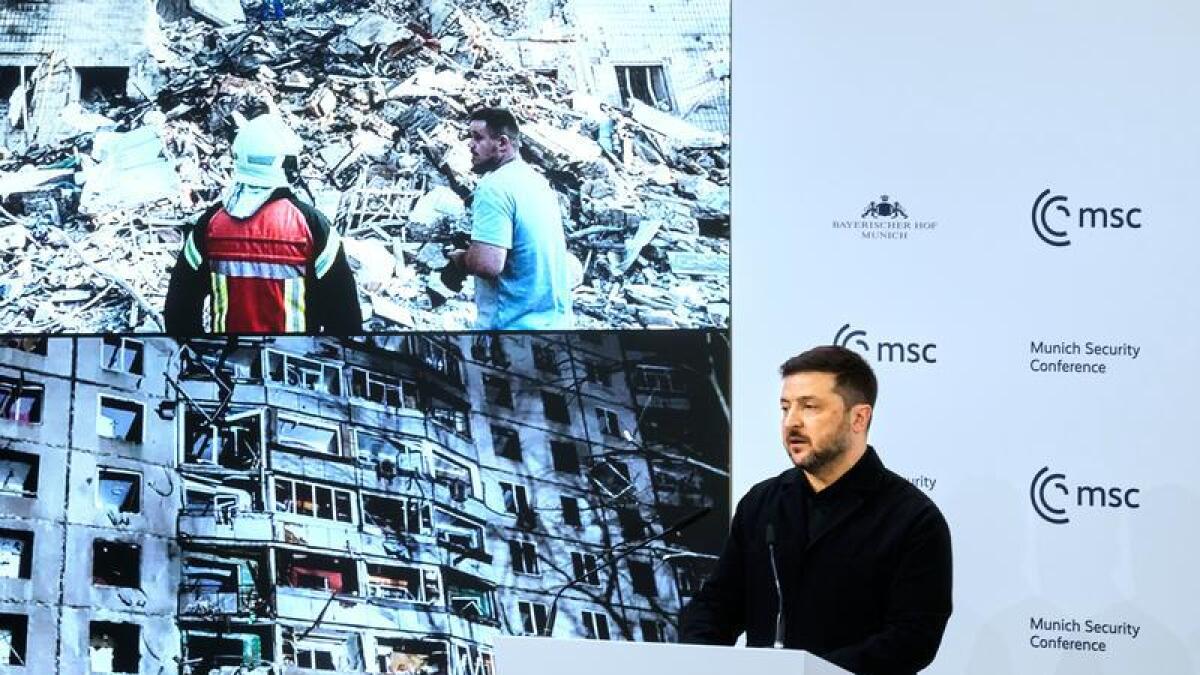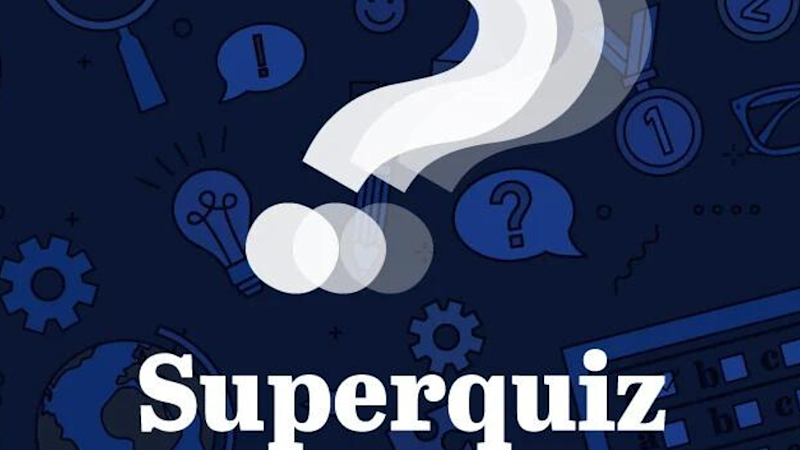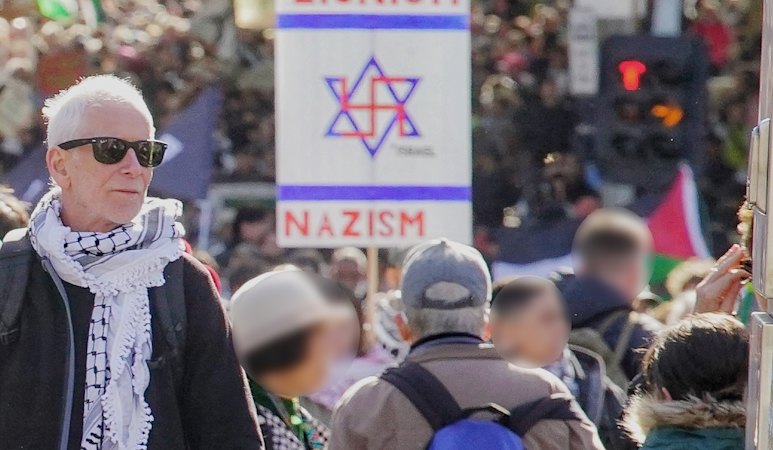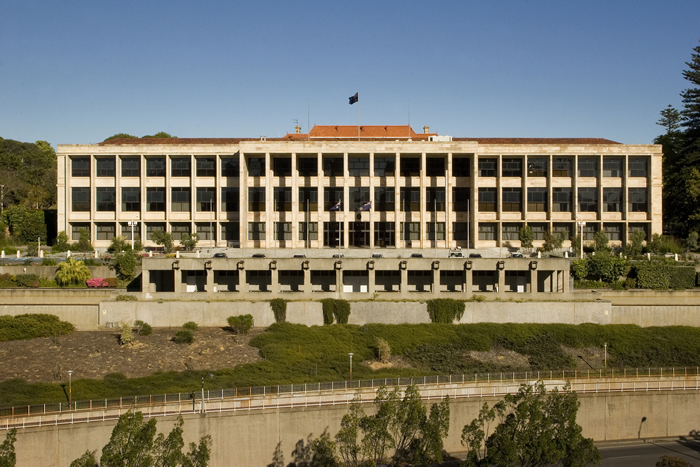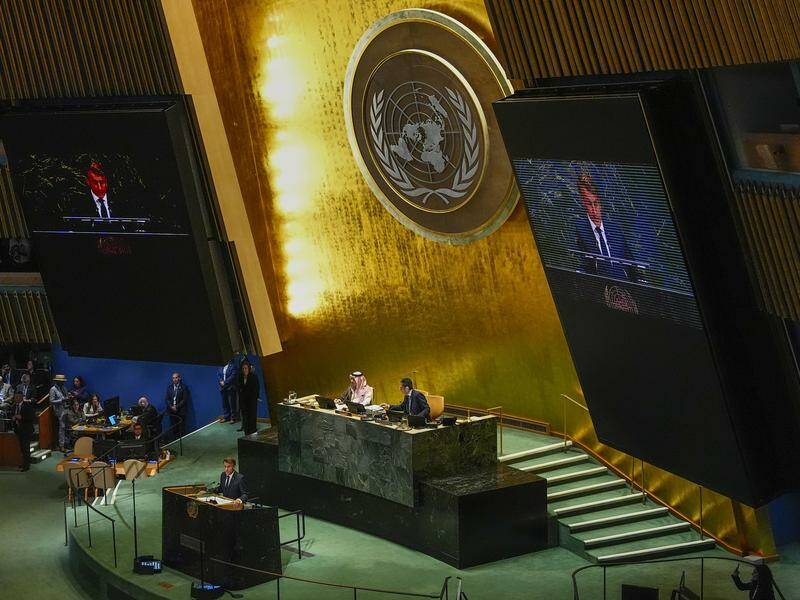
France has officially recognized the state of Palestine during a world summit held in New York, marking a significant milestone in international diplomacy. This recognition comes nearly two years into the ongoing conflict in Gaza, joining other Western allies like Britain and Australia, which had made similar declarations despite facing backlash from Israel.
At the summit, French President Emmanuel Macron stated, “We must pave the way for peace. Today, France recognizes the state of Palestine.” While this announcement could bolster the morale of Palestinians in their quest for statehood, experts do not anticipate immediate changes on the ground. The current Israeli government, described as the most far-right in the country’s history, has asserted that it will not accept a Palestinian state as it continues its military campaign against Hamas, following the attack on Israel on October 7, 2023, which resulted in the deaths of approximately 1,200 people.
As international pressure mounts, Israel faces increasing isolation and global condemnation for its military operations in Gaza. Local health authorities report that over 65,000 Palestinians have lost their lives since the conflict escalated. In recent weeks, Israel has initiated a ground assault on Gaza City, with little indication of a potential ceasefire.
Additional countries, including Andorra, Belgium, Luxembourg, and San Marino, were also expected to recognize Palestine during this week’s UN General Assembly, following similar announcements from Canada and Portugal over the weekend. Malta made its announcement earlier on Monday. Israel has responded to these developments by asserting that such recognitions will undermine the prospects for a peaceful resolution to the conflict in Gaza.
The two-state solution, which has been the cornerstone of the US-backed peace process initiated by the 1993 Oslo Accords, has faced significant challenges. Negotiations have stalled since 2014, and no talks regarding this solution have occurred in nearly a decade. Notably, both the United States and Israel chose to boycott Monday’s meeting.
Israel’s UN Ambassador, Danny Danon, indicated that the Israeli government would deliberate on its response to these recognitions after Prime Minister Benjamin Netanyahu returns to Israel next week. “Those issues were supposed to be negotiated between Israel and the Palestinians in the future,” Danon told reporters prior to the meeting.
The United States has cautioned other countries that recognizing Palestine could lead to further complications. Secretary of State Marco Rubio expressed concerns earlier this month, emphasizing that such recognitions would exacerbate existing tensions.
As violence escalates in both Gaza and the West Bank, some nations feel a heightened urgency to act before the prospect of a two-state solution becomes obsolete. France has taken the lead in this initiative, hoping that Macron’s announcement in July to recognize Palestine would energize a movement historically dominated by smaller nations critical of Israel.
While a delegation representing the State of Palestine holds observer status at the United Nations, it lacks voting rights. Achieving full UN membership for Palestine would require approval from the Security Council, where the United States wields veto power.
Despite growing recognition of a Palestinian state among many European nations, key economic players such as Germany and Italy remain hesitant. Germany, a long-time supporter of Israel due to its historical ties, has increasingly critiqued Israeli policies, insisting that recognition of Palestine should come only after a political process leading to a two-state solution. The German government spokesperson emphasized the need to prevent further annexations in Israeli-occupied territories. Italy has similarly voiced that recognizing Palestine could be “counterproductive.”
On the ground, Prime Minister Netanyahu has dismissed numerous calls for a cessation of military operations until Hamas is dismantled, reaffirming his opposition to the recognition of a Palestinian state. As the situation evolves, the international community watches closely, aware that each decision could significantly impact the future of peace in the region.



